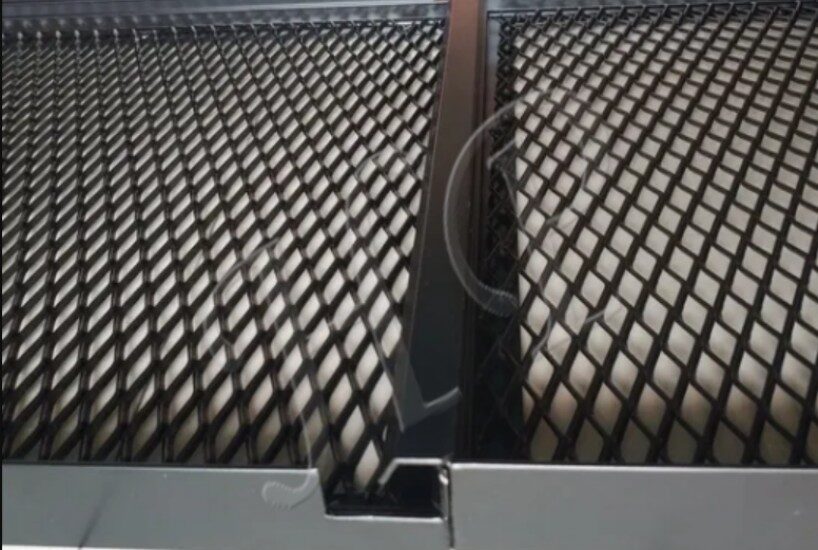Emergency generators are backup power sources designed to provide electricity during power outages or emergencies. They typically use internal combustion engines fueled by diesel or gas to generate electricity. Emergency generators are crucial for maintaining operations in facilities that require constant power, such as hospitals, data centers, and telecommunications hubs.
Using an emergency generator in New Jersey requires an air permit. These permits establish a framework for controlling and monitoring emissions from emergency generators.
Air permits are governed by the New Jersey Department of Environmental Protection (NJDEP). They outline specific emission limits and requirements that businesses must adhere to when operating emergency generators. By setting clear guidelines, air permits help keep emissions from generators within acceptable levels, thereby minimizing their environmental impact.
NJDEP permit compliance demonstrates a commitment to regulatory obedience and environmental stewardship. This not only helps to maintain a favorable relationship with regulatory agencies but also fosters trust and credibility with the public.
Furthermore, air permits play a crucial role in protecting air quality and public health. While essential for maintaining critical operations during power outages or emergencies, emergency generators emit pollutants. Its toxic emissions include nitrogen oxides (NOx), particulate matter (PM), sulfur oxides (SOx), and carbon monoxide (CO). These pollutants can have adverse effects on air quality and public health, especially in densely populated areas.
By establishing emission limits and requirements, air permits assist in reducing the release of pollutants into the atmosphere. They contribute to protecting public health and preserving the environment.
The only problem with acquiring permits, however, is how complicated it can be. Among the primary challenges is navigating the regulatory landscape, which can vary depending on the type of emergency generator used.
The regulatory framework governing air permits is often intricate, with numerous guidelines and technical standards that businesses must navigate to maintain compliance. Understanding and interpreting these can be daunting, particularly for businesses without specialized environmental expertise.
The need for an NJDEP permit consultant cannot be overstated. These professionals specialize in environmental regulations and permitting requirements set forth by agencies like the New Jersey Department of Environmental Protection (NJDEP). Their expertise can prove invaluable in streamlining the permit application process and maintaining regulatory compliance.
Check out this infographic by Lockatong Engineering to learn more.






